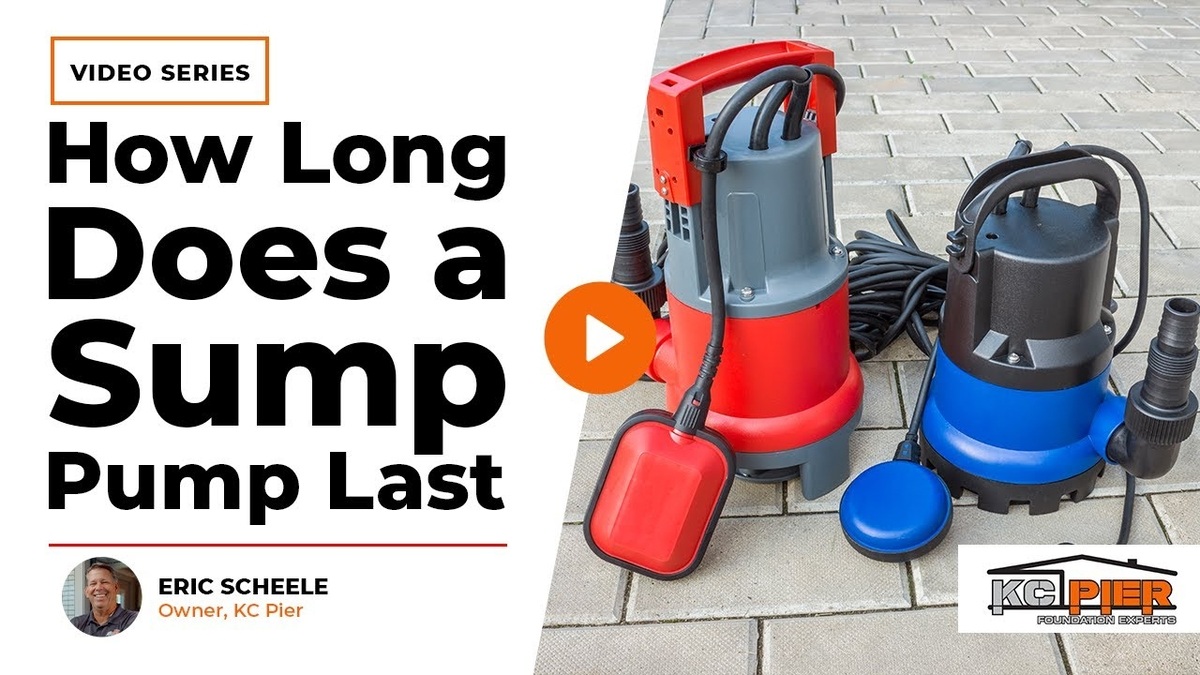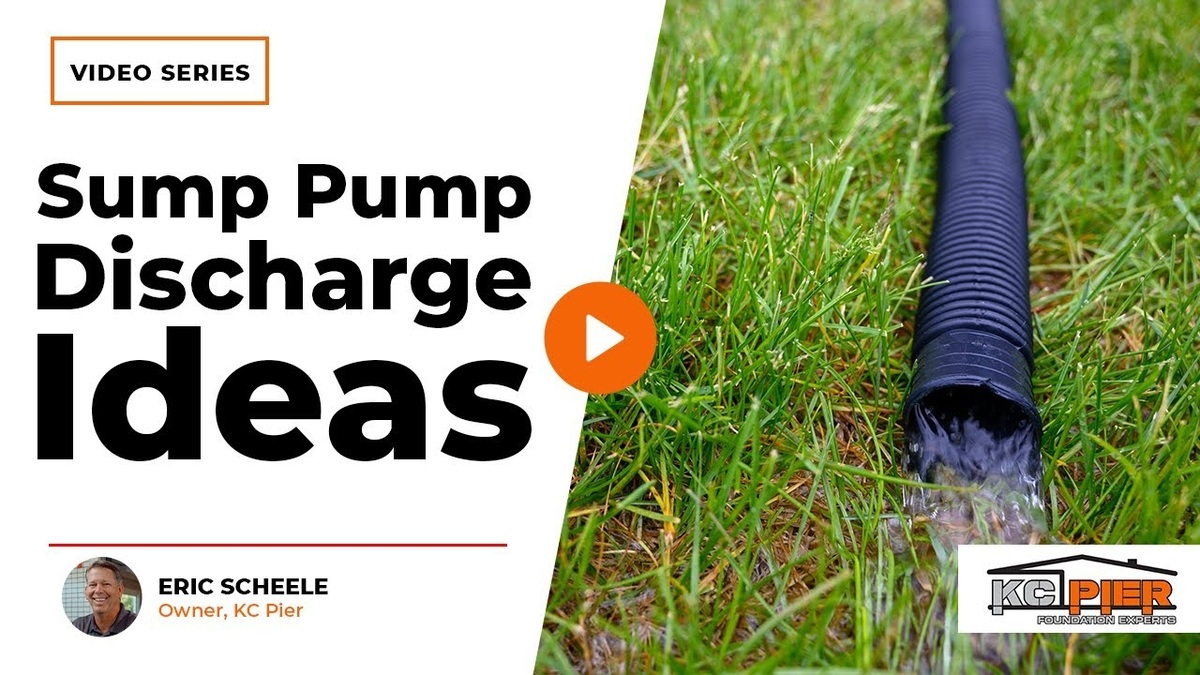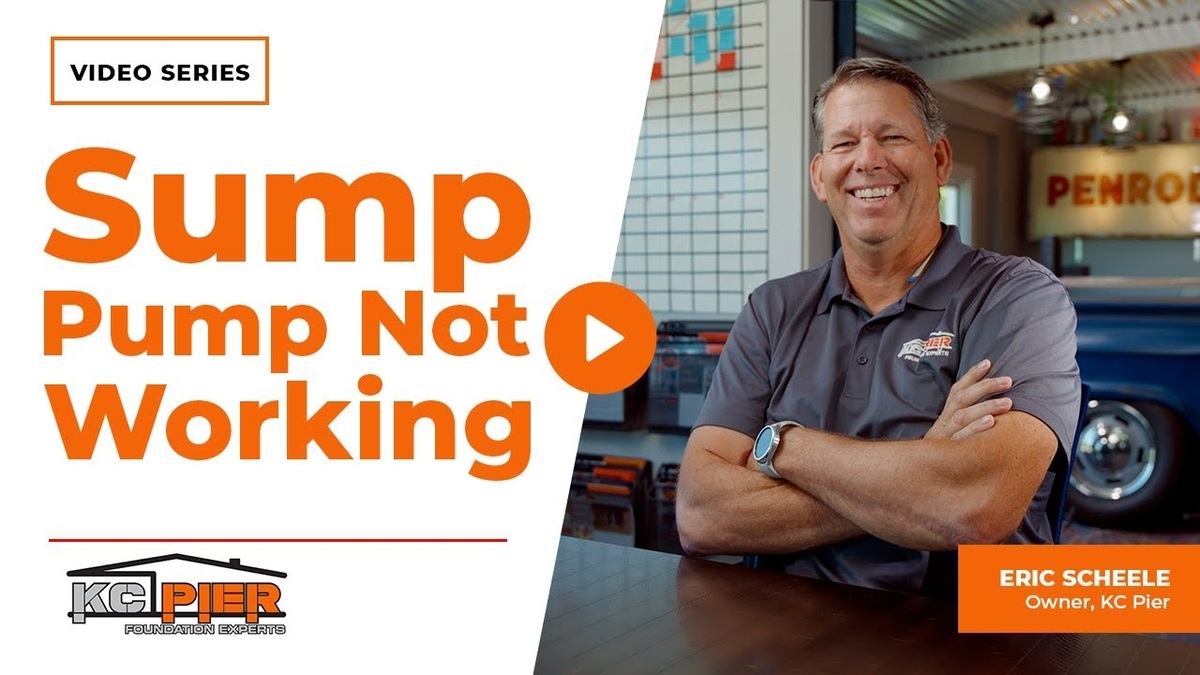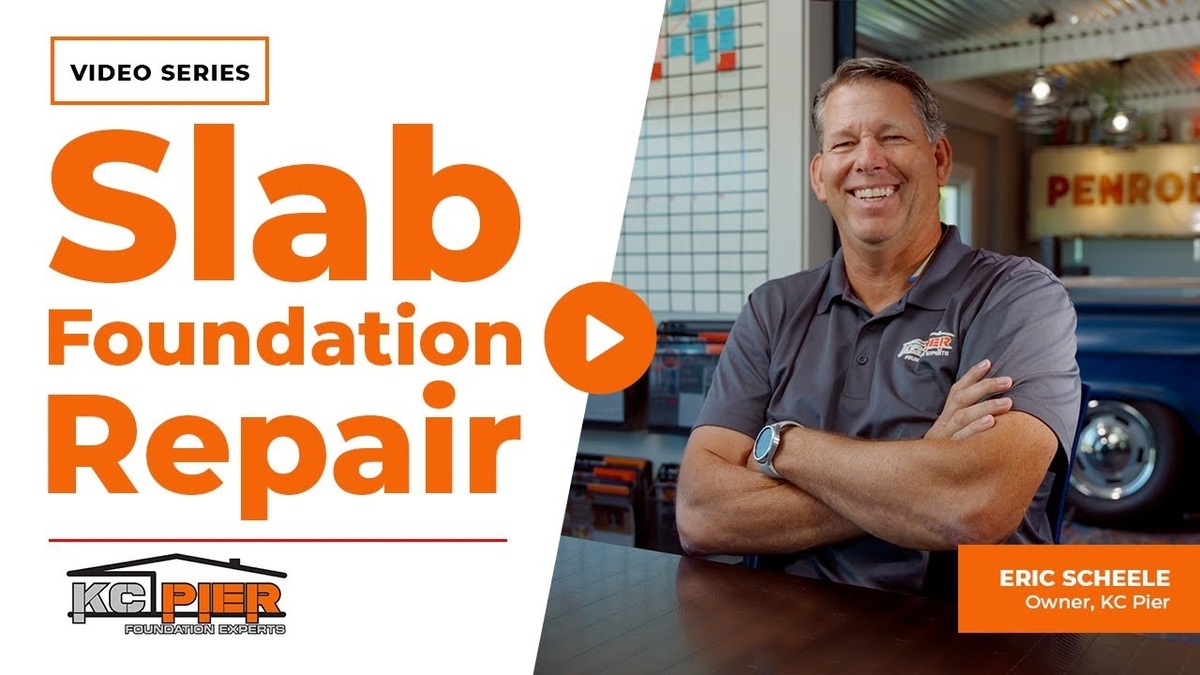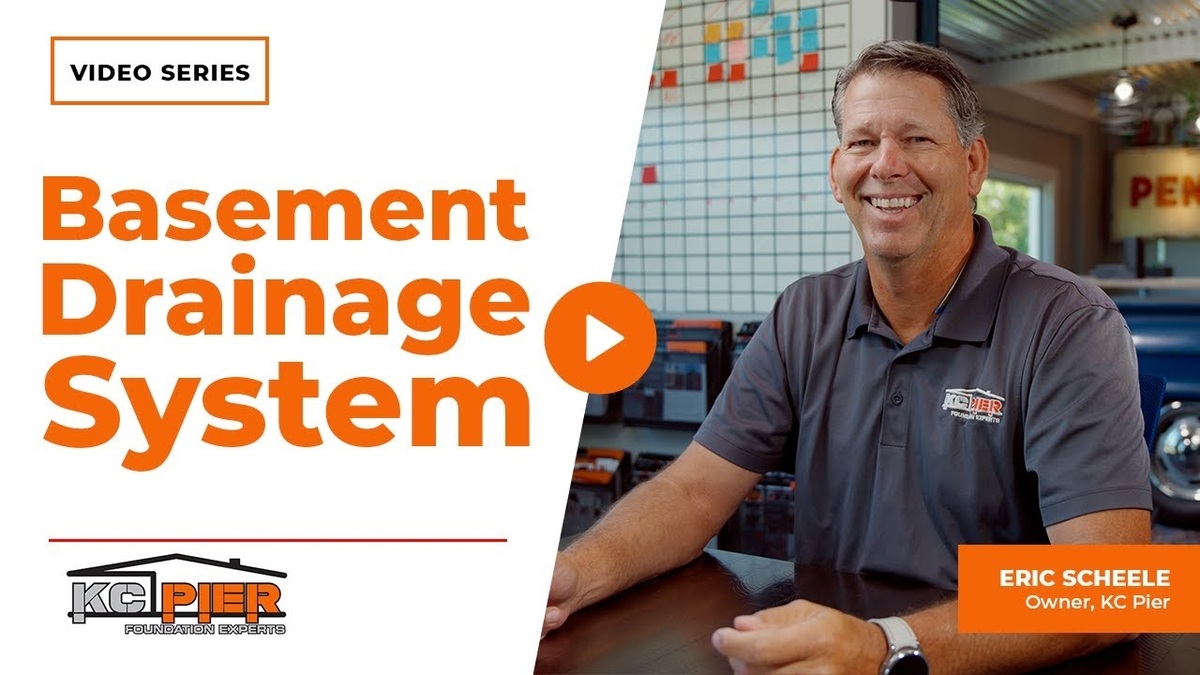Nothing disrupts the peace of a home like a basement suddenly taking on water. Thankfully, this dreaded scenario is a preventable one. Homeowners looking to safeguard their homes typically find themselves choosing between two key allies in moisture management: an ejector pump and a sump pump. Each plays a crucial role in keeping basements dry, but knowing which pump fits your needs can make all the difference.
Sump Pumps: Keeping Basements Dry
Sump pumps are a common sight in many basements. These devices are designed to sit in a basin, ready to spring into action as water accumulates. Their primary function is to manage water as it enters the basin. Think of them as the frontline defense against basement flooding. When water levels rise, the sump pump activates, pumping the water out and away from the foundation, keeping your basement dry and safe from potential damage.
Grinder Pumps: Handling Larger Sediments
In addition to sump pumps, there are grinder pumps, which are a step up in terms of capability. These pumps can handle larger sediment, making them suitable for areas with higher debris content. You might find them installed in window wells or outdoor drains, where they efficiently manage water containing chunks of mud or rocks. Grinder pumps are like the heavy-duty cousins of sump pumps, capable of handling more challenging conditions.
Ejector Pumps: Ensuring One-Way Water Flow
Ejector pumps share similarities with sump pumps but come with a crucial additional feature—a one-way valve. This valve ensures that once the water is ejected, it doesn’t flow back into the system. Ejector pumps are particularly useful in scenarios where water needs to be raised or elevated before exiting the house, such as in situations involving raised sewer pipes. Unlike sump pumps, ejector pumps guarantee that the water flows out and stays out, making them ideal for specific applications where backflow prevention is critical.
Choosing the Right Pump for Your Basement
When it comes to selecting the appropriate pump for your basement, understanding the specific requirements of your situation is key. Factors such as the amount of water infiltration, the presence of sediment, and the layout of your plumbing system all play a role in determining the best option.
Consulting with professionals like KC Pier can provide invaluable insights into the most suitable pump for your needs. Their structural consultants can assess your basement’s condition, discuss your requirements, and recommend the optimal pump solution. With their expertise, you can make an informed decision that ensures your basement remains dry and protected.
In Summary
Ejector pumps and sump pumps are indispensable tools in basement water management, each offering unique features and benefits. While sump pumps excel at handling regular water influxes, ejector pumps are better equipped to deal with larger sediment and ensure one-way water flow. Choosing the right pump depends on various factors, and seeking expert advice can streamline the decision-making process.
If you’re unsure which pump is suitable for your basement, don’t hesitate to reach out to KC Pier. Their team can assess your needs and recommend the perfect solution to keep your basement dry and secure.


